We co-design and implement Living Labs with a focus on energy. mobility, and inclusive development.



We co-design and implement Living Labs with a focus on energy. mobility, and inclusive development.
In our Living Labs,
engineers and social scientists collaborate with experts from public administration,
business and society.
As we strive for human and planetary well-being, we apply a systems perspective and integrated approaches.


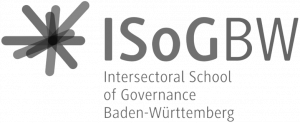

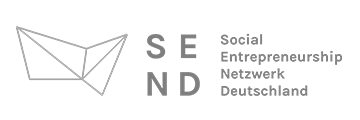

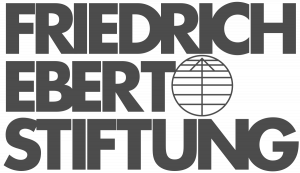

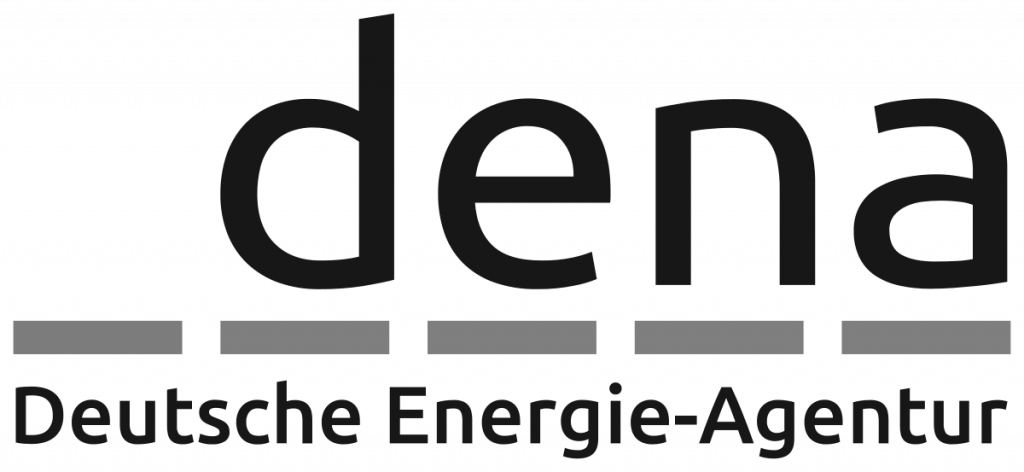
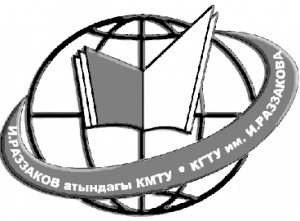
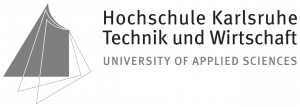
There are different concepts on how to define and achieve sustainability. Sustainability concepts should be defined by both the hard data of planetary boundaries and by international agreements, inspired by scholarly work. However, implementation priorities, pathways to achievement, and cultural resources for understanding and action will differ by country. These factors should be subject to public debate, international dialogue and exchange, and action at all levels of society.
The 17 Sustainable Development Goals (SDGs), which all UN member states have committed to implementing, offer a valuable international framework for understanding sustainability. The overarching goal of the SDGs is to improve economic, social, and environmental sustainability for all nations. As part of this, industrialised countries have also committed to significantly reducing their environmental and social footprint. Non-industrialised states also must shift towards improving people’s well-being without causing further harm to the environment.
For more information:
We are cultural facilitators, innovators, cross-sectoral thinkers and experts in specific sustainability sectors who come from across Europe and Central Eurasia. Together, we have created a platform for co-thinking, co-doing, and co-creation.
We accept funding only from organisations such as public authorities and foundations, based in countries within the European Single Market. We also partner with business organisations that demonstrate a clear commitment towards sustainable societies and have undergone rigorous auditing schemes. These include B corporations and non-profit organisations.
The SPCE Hub is a non-profit project, focused on advancing thinking and action for sustainable societies. It is promoted by IPGT Berlin (www.ipgt.net), a purpose-driven sustainability organisation based in the German capital. IPGT is a committed member of the Social Entrepreneurship Network Germany (SEND e.V.).